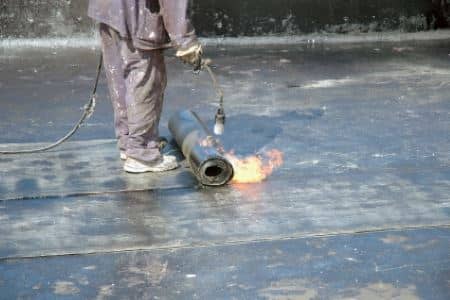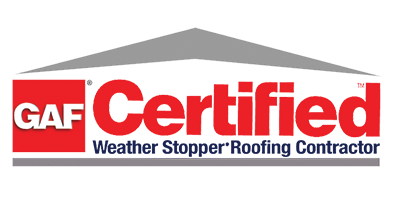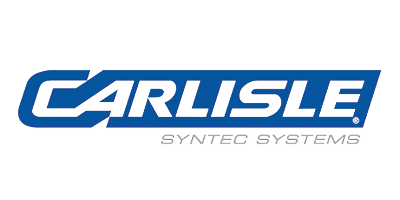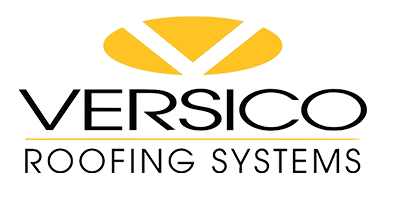Comparing EPDM, TPO, and PVC Single-Ply Roofing Membranes

When it comes to choosing the right roofing material for your commercial property, the options can be overwhelming. EPDM, TPO, and PVC single-ply roofing membranes are three of the most popular options available today, each with benefits and ideal applications. In this blog, we'll break down the differences between these materials to help you make an informed decision for your building.
EPDM: Proven Durability and Cost Efficiency
Ethylene Propylene Diene Monomer (EPDM) is one of the market's oldest and most trusted single-ply roofing membranes. Made from synthetic rubber, EPDM is known for its durability, flexibility, and resistance to extreme weather conditions.
Benefits of EPDM:
- Cost-Effective: EPDM is often the most affordable option among single-ply membranes, making it a go-to choice for budget-conscious businesses.
- Durability: EPDM is highly resistant to UV radiation, ozone, and weathering, which makes it an excellent choice for areas with varying temperatures.
- Long Lifespan: With proper maintenance, EPDM roofs can last up to 30 years, providing long-term protection.
However, EPDM's black color absorbs heat, which may lead to higher cooling costs in warmer climates. Businesses looking for an energy-efficient option may want to consider TPO or PVC instead.
TPO: The Energy-Efficient Solution
Thermoplastic Olefin (TPO) is a single-ply roofing membrane that has grown in popularity due to its energy-efficient properties. Known for its white, reflective surface, TPO is designed to reflect sunlight, reducing heat absorption and lowering energy costs.
Benefits of TPO:
- Energy Savings: The reflective surface of TPO helps reduce cooling costs, making it ideal for businesses located in warmer climates.
- Durability: TPO is resistant to UV rays, punctures, and tears, providing reliable protection for commercial roofs.
- Environmentally Friendly: TPO membranes are 100% recyclable, making them a more sustainable roofing option.
While TPO offers significant energy savings, choosing a trusted commercial roofing company for installation is important, as the membrane requires precise welding for optimal performance.
PVC: Chemical Resistance and Strength
Polyvinyl Chloride (PVC) roofing is another high-performance option suited for commercial properties exposed to harsh chemicals, such as restaurants or factories. PVC membranes are flexible, strong, and highly resistant to grease, oil, and other chemicals that can damage other roofing materials.
Benefits of PVC:
- Chemical Resistance: PVC is the best choice for commercial buildings where the roof is exposed to chemicals, making it ideal for industrial environments.
- Durability: PVC membranes offer superior strength, and their heat-welded seams create a watertight bond, preventing leaks.
- Energy Efficiency: Like TPO, PVC reflects sunlight, providing energy savings in hot climates.
The downside of PVC is that it's generally more expensive than EPDM and TPO. However, the investment is worth it for businesses that need extra chemical resistance and durability.
Choosing the Right Material for Your Roof
When deciding between EPDM, TPO, and PVC, it's essential to consider your building's needs, climate, and budget. Are you still unsure which one is right for your commercial property? Call Weatherlock Roof Systems LLC at 904-204-4650 for expert guidance and a customized single-ply roofing solution!





Contact Your Local Commercial Roofing Company Today